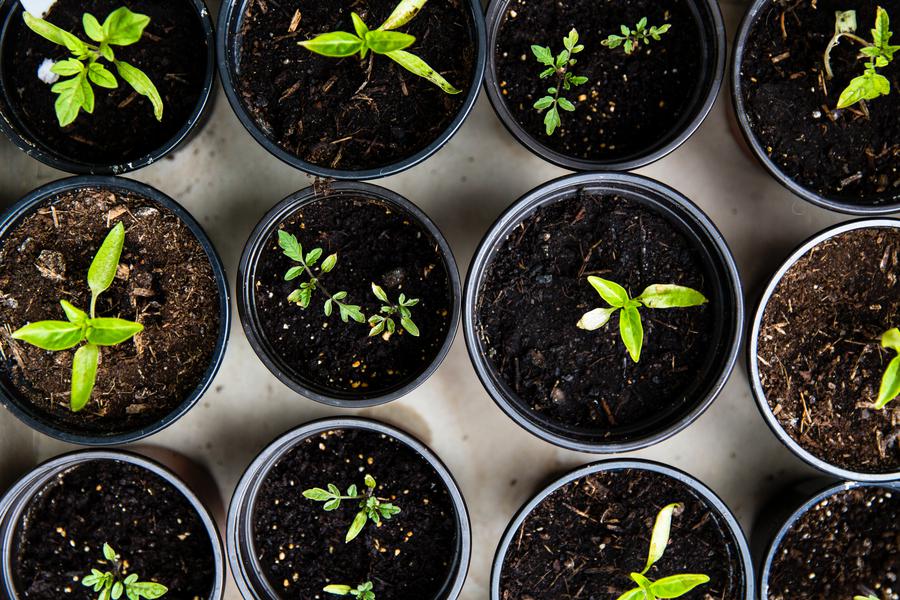
Brent Pleasance
July 6, 2017, 8:50 p.m.

Growing up as a male, I knew that body issues were for men too, even though women were the only ones that seemed to be talking about them. I knew privately what insecurities I had, what thoughts picked at my self-esteem, what body parts I hated and which ones I was okay with. Body image is challenging for anyone in a toxic cultural climate such as the one we live in – with advertising preying on our insecurities to boost sales – but it is unique for everyone. It’s also unique for men compared to women. Yeah, our bodies aren’t under quite the same microscope as women’s bodies are (which is changing, fast), but there are still some monumental obstacles. What I want to discuss today is the simple fact that men do not talk about this $#&@, and how unacceptable this really is.
I have always broken the mould as a man – very sensitive, in touch with my emotions – the typical feminine traits. I had a good vantage point between the two genders to not only experience what was happening, but to also observe. But I’ve also always been able to pull off the macho thing, at least that’s all I’ve ever been told (let’s go with “heck yes I did!”). I found that most of the dudes I associated with never talked about body image unless it was in the form of bragging about sexuality or something alike. Man, she loves my biceps. Bro, see that girl check me out? More often than not, I knew these boasts came from a place of shame and insecurity and I could tell there was something really important that these guys missed out on in their early development. Something that I knew I had missed too. This something was the ability to think, feel and talk about insecurities. Looking back at my childhood, I now have the ability to see how, and in what ways, my friends (and I) were suffering needlessly. We didn’t have to suppress what we were feeling, but in order to fit in with the cool dudes, we sacrificed that part of ourselves.
I experienced a lot of emotional pain that stemmed from how I perceived my body. I never thought I was good enough. I tried to pull in my butt. I would never wear a wallet in my back pocket because it made it look even bigger. I would suck in my stomach even though it was already flat. In fact, I still do this sometimes and I have to consciously let the tension go. I would always make sure my hair was perfect before I went out. I could go on and on. All of these exhaustive techniques and rituals were simply ways to avoid the emotional pain of hating myself for the way I looked and I’m sure anyone reading this has gone to great lengths to do just the same.
As I started to get a little older (and took sociology in University), I began to unpack what I was doing to myself and ever so slowly, I began the conversation about my own personal insecurities. I found that as I talked about these issues and how difficult it was to be as a man, I started to feel better. Nothing feels worse than self-rejection, and I found that the only way to move toward self-acceptance was to deal with my insecurities head on. I had to feel the insecurity, think about it differently, and catch myself when I was using negative self-talk. It’s not easy being a man. You’re told not to talk about emotions. You’re especially not supposed to talk about them with other men. Of course this is slowly changing, but it can’t change fast enough. For men, the most difficult battle to overcome is acknowledgment – acknowledgement of body image as an issue and bringing it into conversation. I haven’t perfected my own ability to talk about my issues, but I’m in the midst of my journey and I think that’s the only point that matters.
Brent Pleasance, student of life, peer-supporter, and psychonaut, is passionate about rewriting the story of men in our culture and fighting the drug war from the grassroots level. He is curious about everything from philosophy and drugs to gender and physics. You can find him writing about anything and everything on thinkingsandthoughtings.wordpress.com, attempting to mobilize men into something greater on facebook.com/sensitivemenmovement, or changing the conversation on the therapeutic value of psychedelics on facebook.com/torontopsychedelicsociety. Contact him at sensitivemenmovement@gmail.com or brentpleasance@gmail.com.

June 15, 2018, 9:23 a.m.